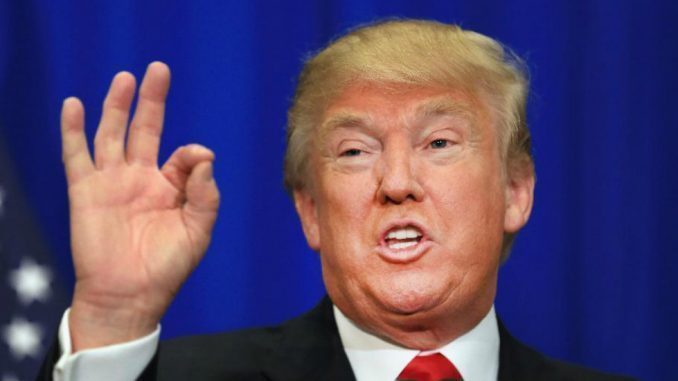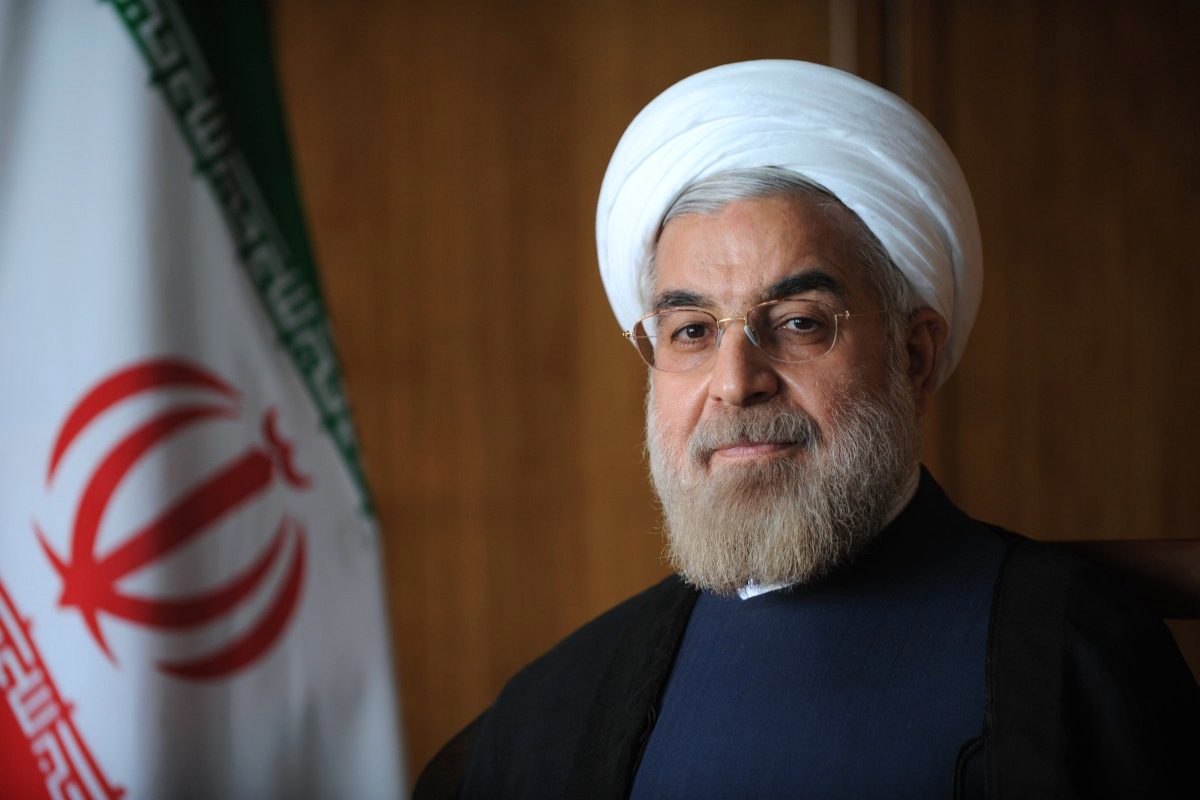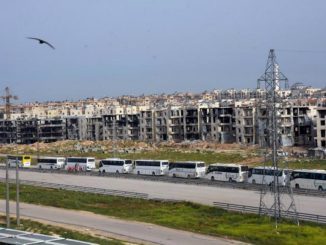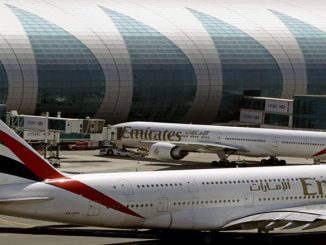
The Trump administration said on Tuesday it was preparing for reviewing the Iran nuclear deal, to determine whether the lifting of sanctions against Iran was in the United States’ national security interests after long months of counter declarations and threatens between the two countries.
Iran made a historic nuclear deal with P5+1 powers in 2015, in which Tehran agreed to amend its nuclear output in order to lift all nuclear-related economic sanctions, freeing up tens of billions of dollars in oil revenue and frozen assets.
After lifting the sanctions, Iranian president Hassan Rouhani visited Europe and made deals that worth billions of dollars. European companies started looking for investment opportunities in the growing Iranian market.
However, Donald Trump has said during his election campaign that Iran’s nuclear deal as “disastrous” and said it would be his “number one priority” to dismantle it.
These threats became clearer after Trump’s inauguration, as he signed an executive order temporarily barring thousands from seven countries in the Middle East and Africa, including Iran, from obtaining visas to travel to the United States.
The tension was raised again in issues related to Iran’s ballistic program, as he said that “Iran is playing with fire” and announced that “we’re officially putting Iran on notice,” after Iran conducted a failed ballistic missile test.
In addition, Trump declared in January applying sanctions on 25 individuals and companies connected to Iran’s ballistic missile program and those providing support to Iran’s Islamic Revolutionary Guard Corps’ Quds Force.
Reviewing the nuclear deal
President Donald Trump ordered the review to evaluate whether the suspension of sanctions related to the nuclear deal was “vital to the national security interests of the United States”, U.S. Secretary of State Rex Tillerson said.
“President Donald J. Trump has directed a National Security Council-led interagency review of the Joint Comprehensive Plan of Action that will evaluate whether the suspension of sanctions related to Iran pursuant to the JCPOA is vital to the national security interests of the United States,” Tillerson added.
Though there was no sign that the Trump administration intended to walk away from the deal, Tillerson twice cautioned that if left unchecked, Tehran could become a threat like North Korea, which is also under pressure over its nuclear ambitions.
In a letter to US House of Representatives Speaker Paul Ryan released on Tuesday, Tillerson declared that Iran was meeting its commitments under the 2015 nuclear deal but there were concerns about Tehran’s role as a state sponsor of terrorism, Reuters news agency reported.
Under the deal, the State Department must notify Congress every 90 days on Iran’s compliance with the so-called Joint Comprehensive Plan of Action (JCPOA). It is the first such notification under U.S. President Donald Trump.
“A comprehensive Iran policy requires we address all of the threats posed by Iran and it is clear there are many,” Tillerson told reporters at the state department.
Tillerson said the 2015 nuclear deal between Iran and six world powers failed “to achieve the objective of a non-nuclear Iran and only delays their goal of becoming a nuclear state”.
Tillerson said one of the mistakes in the way the agreement was put together was that it ignored all the other serious threats Iran posed outside of its nuclear program.
“That is why we have to look at Iran in a very comprehensive way in terms of the threat it poses in all areas of the region and the world,” he added.
“This deal represents the same failed approach of the past that brought us to the current imminent threat we face from North Korea,” Tillerson said of the nuclear deal.
Iran denies ever having considered developing atomic weapons although nuclear experts have warned that any U.S. violation of the nuclear deal would allow Iran also to pull back from its commitments to curb nuclear development.
Those commitments include reducing the number of its centrifuges by two-thirds, capping its level of uranium enrichment well below the level needed for bomb-grade material, reducing its enriched uranium stockpile from around 10,000 kg to 300 kg for 15 years, and submitting to international inspections to verify its compliance.
Last month Trump’s Defense Secretary James Mattis said Iran continued to behave as an exporter of terrorism and still sponsors militant activity.
The United States has long accused Iran of being the world’s biggest state sponsor of terrorism, saying Tehran supported conflicts in Syria, Iraq, and Yemen, and backed groups such as Hezbollah, its Lebanon-based ally.



